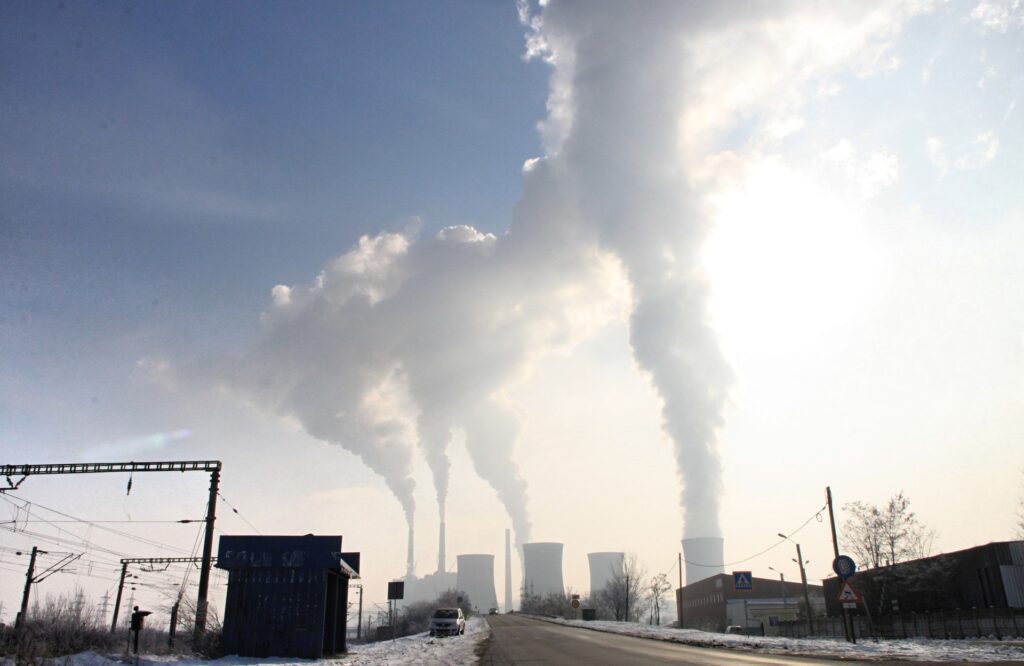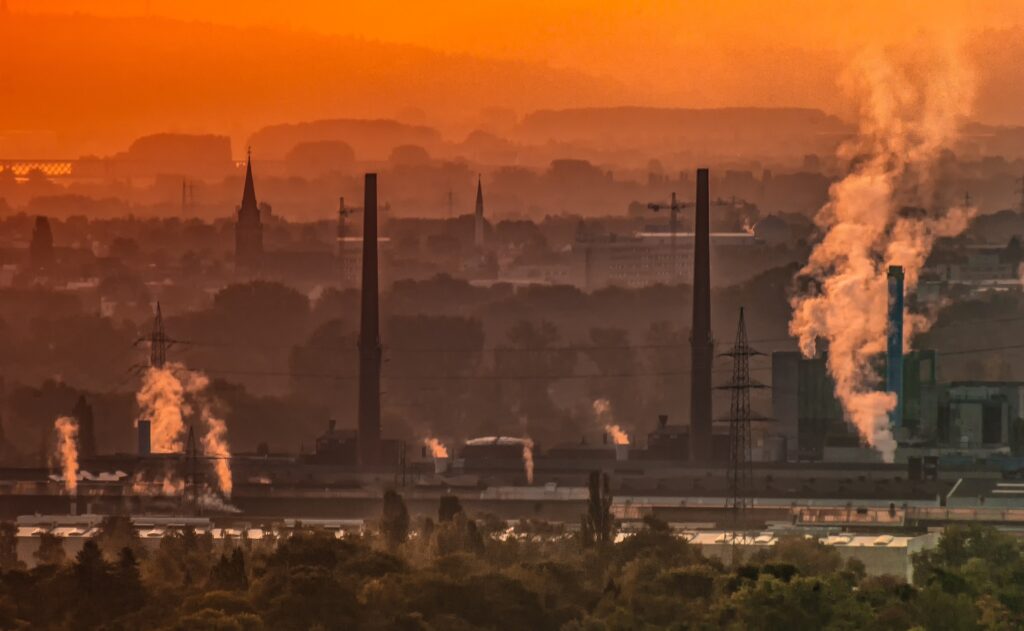- Cancer Alley is a stretch of land along the Mississippi River in Louisiana that is home to numerous chemical plants and refineries.
- The area has been linked to high rates of cancer and other health problems among residents, many of whom are low-income and Black.
- Cancer Alley is an example of environmental racism, in which marginalized communities are disproportionately affected by pollution and environmental hazards.
- Activists and community groups have been working to raise awareness of the issue and demand action from government officials and industry leaders.
- Efforts to address environmental racism in Cancer Alley and other communities are part of a broader movement for environmental justice and equity.
By Teen Vogue | February 17, 2023
Cancer Alley, an 85-mile stretch of land littered with nearly 150 petrochemical plants, isn’t news to Louisiana residents. But it was news to me.
I’m 17 years old and my family moved away from Jackson, Mississippi, a little over a year ago. In Mississippi, boil-water advisories happened all too often, so moving to a relatively boil-free New Orleans felt like paradise.
Naively, I believed water was only ever polluted through the use of dated pipes, so I was taken aback upon being introduced to the chemical waste that pollutes Louisiana’s bodies of water in St. James Parish. I was even more alarmed when I learned that these issues have been festering since the plants first arrived in the 1960s, with little intervention by the local Louisiana government…
On June 30, a Supreme Court ruling limited the EPA’s power to control emissions, including from power plants, hindering the agency’s ability to regulate carbon pollution and fight climate change. (This ruling was overshadowed by the the Court overturning Roe v. Wade, yet another decision with harmful health impacts on lower-income minorities.)
That month, I took a tour of Cancer Alley with Arizona Representative Raúl Grijalva as part of his advocacy work for the Environmental Justice for All Act. The act is intended to inhibit intentional pollution based on race, color, or national origin, fund programs for parks and recreational activities in urban areas, and establish requirements for hazard labeling on products that have potentially harmful ingredients…
Read more from Teen Vogue.



